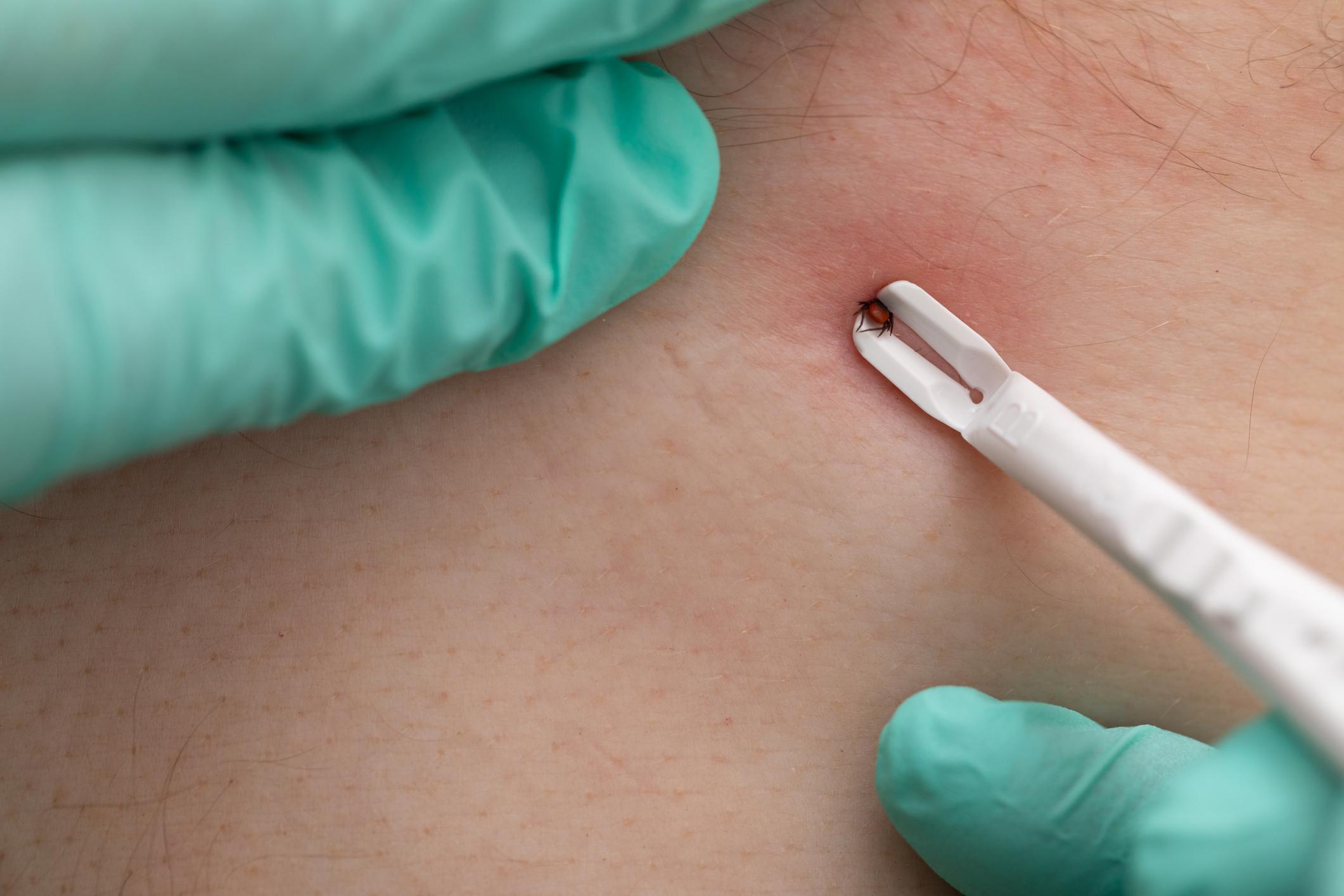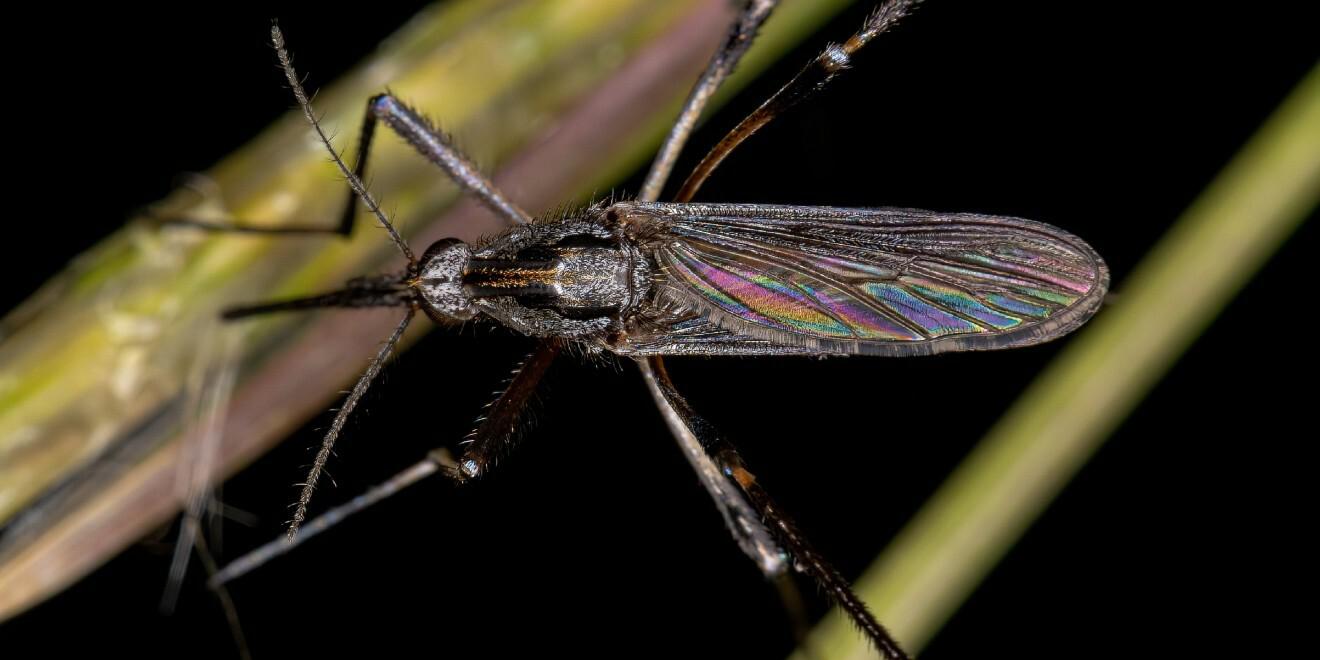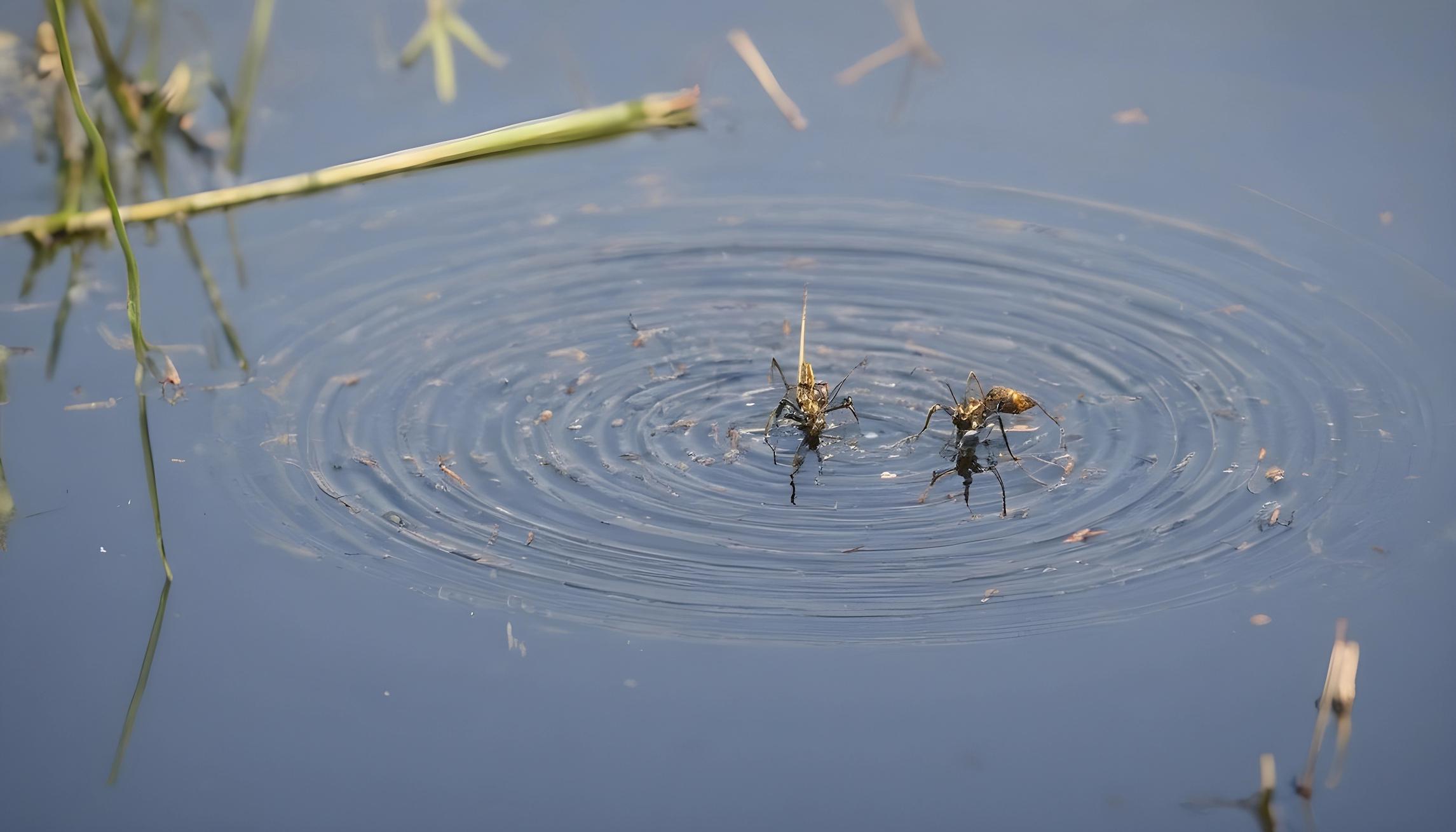Do Ticks Live In Florida?
Posted by Mosquito Squad
December 20, 2023

In Florida, we encounter plenty of pests. The biggest nuisance pests are found in the air – mosquitoes and midges – but…
Yes, as you well know, we have plenty of pests here in Florida. But we also need to be aware of the types of ticks that live here in Florida. Not only that, but we should also learn about ticks’ preferred habitats, as well as their questing habits. How do they find hosts? Can they get close to your home? Worse yet, can they get inside your home?
These Ticks Live in Florida. They Can Invade Your Personal Space!
A word to the wise. These are the 5 types of ticks that call Florida home:
1. American Dog Tick: American Dog Ticks are usually found on dogs, but they will also attach to other mammals and humans. Unlike the brown tick, they are typically an outdoor tick, not a household pest. This tick can carry Rocky Mountain Spotted Fever. Nymphs feed on rodents, but adults will attach to humans. Adult American Dog Ticks are abundant from March through September. Unfortunately, they can also cause paralysis in dogs and children when the ticks attach to the base of the skull or the spinal column. Paralysis is caused by a toxic secretion.
2. Black-Legged Tick: The Black-Legged Tick (or Deer Tick) is mostly known as the carrier of Lyme disease. Black-legged ticks also carry babesiosis and HGA (human granulocytic anaplasmosis). Nymphs are found April through August. Adults are common throughout the winter (September through May).
3. Brown Dog Tick: The Brown Dog Tick feeds mainly on dogs and is usually found in areas where dogs frequent. The Centers for Disease Control and Prevention has recently identified the Brown Dog Tick as a vector for Rocky Mountain Spotted Fever in the southwestern United States and along the Mexican border.
4. Gulf Coast Tick: This tick is prevalent in southeastern states. It looks similar to the American Dog Tick but has larger mouthparts. Gulf Coast Ticks transmit a less severe Rocky Mountain Spotted Fever relative, Rickettsia Parkeri. Nymphs are found in early spring (January to March), and adults from March through September. Adults are commonly found on the ears of large mammals, such as cattle.
5. Lone Star Tick: The Lone Star is the most common human-biting tick in Florida and easily recognizable. Females have a light-colored dot on their back. Lone Star Ticks carry and transmit ehrlichiosis and southern tick-associated rash illness (STARI). Their bites can also trigger Alpha-Gal Syndrome, a terrible allergy affliction as victims cannot consume things like beef, pork, lamb, venison, rabbit, and other animal products that come from mammals. It was first discovered in 2009. Alpha galactose, the source of the allergy, is a sugar present in most animal cells. Nymphs occur between February and October; adults occur April through August with a peak in July.
Yes, I understand ticks do live in Florida, but how can they get close to or inside my home?
At the risk of sounding glib, ticks are lazy, slovenly evil creatures. Instead of flying about like a mosquito, ticks look for a free ride whenever they can. They are infamous for latching onto animals and being transported to areas that usually have thick vegetation where they reside. If you leave your pets outdoors, you would be wise to ask your veterinarian about topical tick protection, as they can carry the ticks inside your home.
If you care for your landscape yourself, be advised that they can latch onto you when cutting your lawn or weed whacking tall-grassy areas. When outdoors performing these tasks, be sure that your body is covered as much as possible. That means long sleeve shirts, long pants, socks, and shoes. The less your body is exposed, the better.
So Florida Has Ticks, Can You Get Lyme Disease in Florida?
Do ticks live in Florida? We’re sorry to be the bearer of bad news, but yes, they do. It is interesting to note that Lyme disease is the most prevalent tick vector-borne illness in the United States. The CDC estimates that actual cases of Lyme infection in the United States are ten times higher than the number reported every year. The most recent estimate of actual cases is 470,000 per year.
Is there a likelihood of contracting Lyme disease in Florida, you may ask? Even with Lyme disease cases approaching half a million in the United States, environmental experts believe that even with plenty of them lurking in our moist, dense Jacksonville undergrowth and foliage, Florida Lyme Disease cases are no match for the high number of cases in the Northeastern United States. Disease-spreading ticks feed on different types of wildlife in Florida, and luckily they are not as mobile in our hot, sunny northeast Florida climate.
If you are encountering ticks around your home in Florida, call on Mosquito Squad of Northeast Florida for trusted Jacksonville tick control. Get in touch with us at (904) 844-0816.















